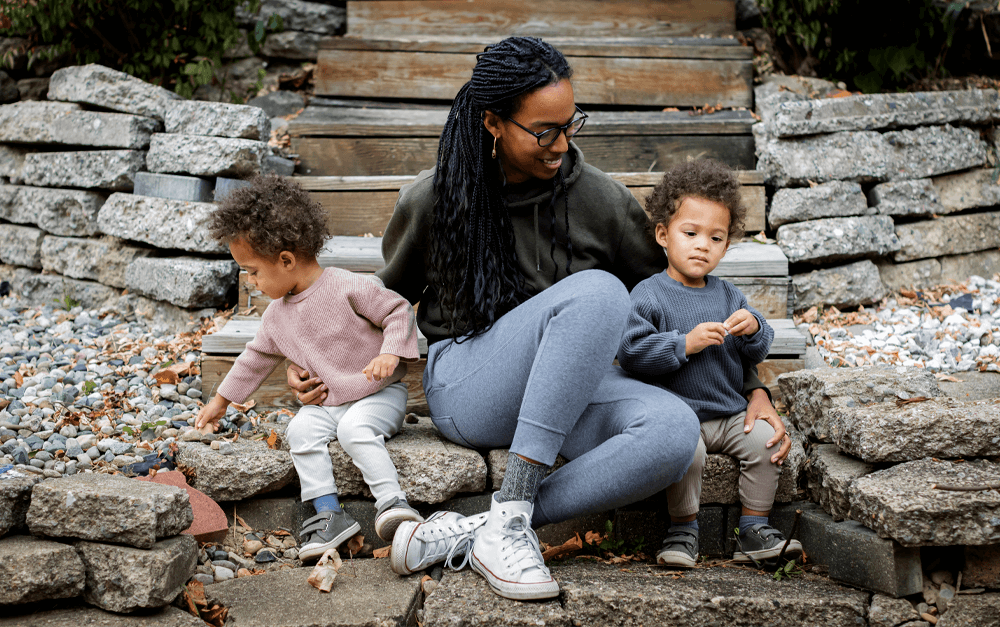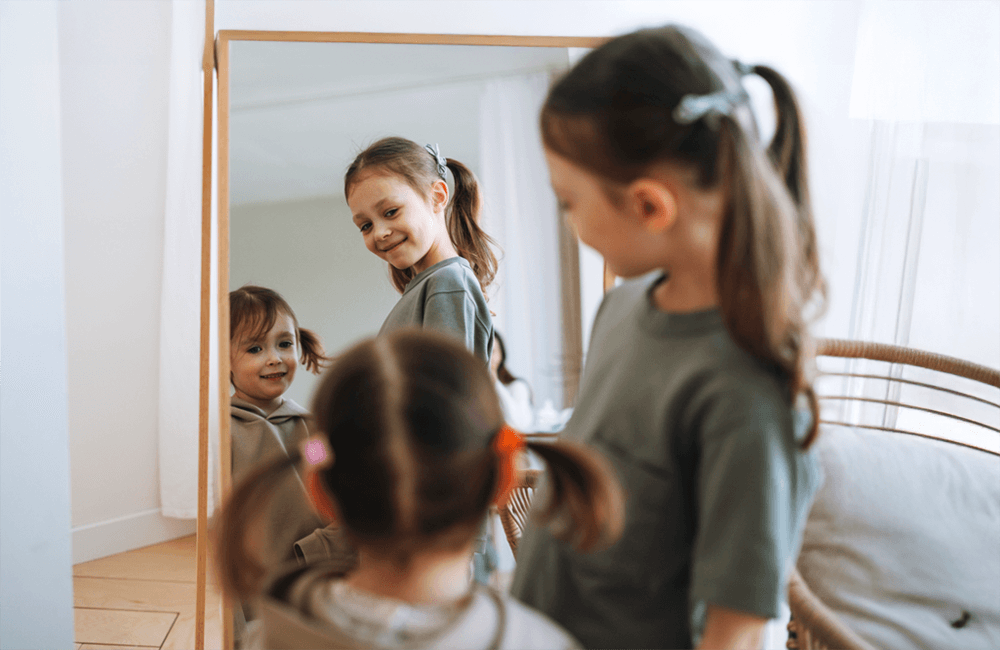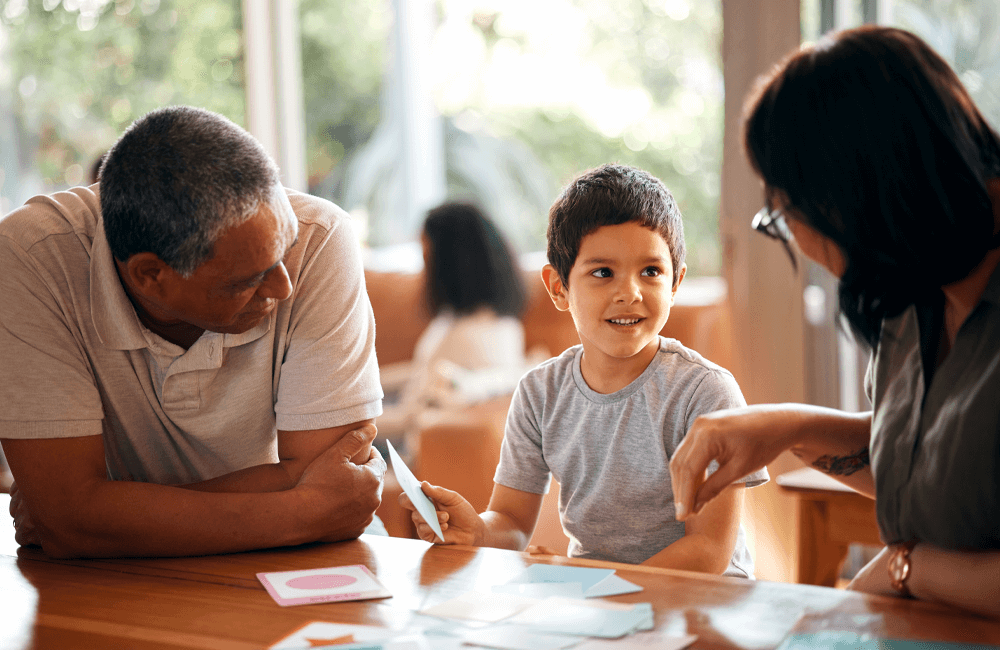Key Takeaways
- Proximity fosters understanding: Getting closer to someone’s story shifts judgment into compassion and changes the way we see ourselves and others.
- Uncomfortable isn’t unsafe: Stepping into unfamiliar or challenging situations can be a path to deeper connection and healing for both children and their biological families.
- True change costs more than money: Generational transformation requires time, compassion, and advocacy—but the impact is worth it.
If you would have asked me 10 years ago why people lose their children to “the system,” I would have given you a very ignorant answer.
But one of the most transformative things that foster care and adoption has done for me is give me a front row seat to the complexities, heartache, bravery, and unfairness of lives so different from my own.
Before you think better of me than you should, let me confess: had I known how uncomfortable, stretching, and costly (not just financially) this journey would be for me, I assure you I would have passed on the offer. However, I am profoundly grateful for how foster care and adoption, how living in relationship with my children’s biological families and inviting many of them into ours, has changed me for good.
Proximity creates compassion
It is much easier to judge a person or situation from a distance. Distance keeps us comfortable. It keeps us “clean.” From far away, you’ll never be the person they call during a crisis. You’ll never see their exhausted, heartbroken face as they leave a supervised visit, and you’ll never know what they overcame to get there.
Proximity changes everything. It disrupts the neat narratives we tell ourselves and replaces them with something infinitely more human. Proximity gives us a tolerance for, and sometimes even a compassion for, another human being and their story. It teaches us things disrupt our long-held beliefs and expands our capacity to hold the complexity of someone else’s story.
Uncomfortable isn’t the same as unsafe
Are there times when engaging with your child’s biological family is truly unsafe? Absolutely. But in my experience, calling something “unsafe” is often just an easy way to avoid what makes us uncomfortable.
Going to a holiday celebration I don’t normally observe or stepping into a neighborhood I don’t normally visit might make me uneasy. But is it truly unsafe? Allowing my child to exchange letters with their biological parents stirs up deep fears in my own heart, but does it put them in danger? Even when addiction, incarceration, or homelessness is involved, we can often find creative ways to maintain connection without compromising safety.
Poverty is more than financial
When someone is struggling financially, they often also lack resources in many other areas. Emotional poverty means lacking someone to listen to your struggles and encourage you to keep fighting. It is having a broken view of yourself after enduring years of emotional and physical abuse. They may be struggling financially in part because of educational poverty: lacking the education or skills they need to find steady employment.
Has anyone ever helped them understand how to voice what they need, hold a personal boundary, or manage conflict? It is no wonder then, that social poverty may also have led them to where they are today. As we walk alongside our kids’ biological families, sometimes they need financial support, but more often they need what will really cost us. Time. Compassion. Advocacy. Sharing of these resources can create true, generational change. Sharing these resources not only empowers others, but also shapes us into more generous and empathetic people.
When people know better, they do better
I’ve witnessed incredible transformations when people are given support and the belief that they can succeed. Josh Ship famously said, “Every kid is one caring adult away from being a success story.” I’d argue the same is true for adults.
This doesn’t mean everything can be fixed by simply being present in the lives of our children’s biological families. Boundaries are sometimes necessary. But when we stay curious and compassionate about the challenges they face—and actively seek ways to support their growth—real change can happen.
Living this kind of lifestyle isn’t easy.
It may complicate the holidays and add layers to celebrations. It can allow your child’s emotions to bubble to the surface in a way that creates conversations and meltdowns. It may mean making space for the cultural or past traditions of a new placement in your home or choosing presents for a biological parent who hasn’t always been kind to you.
Will it change everything for the better? Maybe not. But one thing is certain: it will change you for good.












